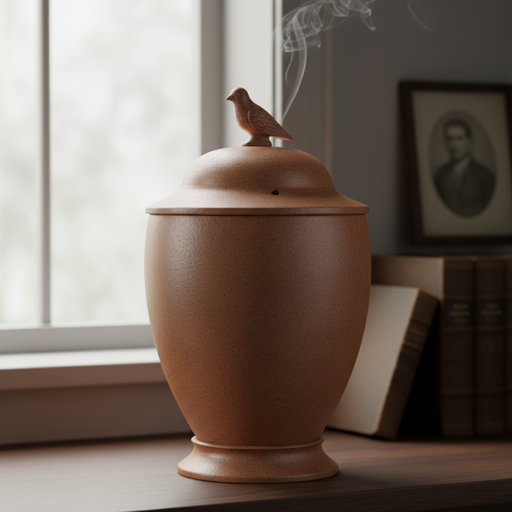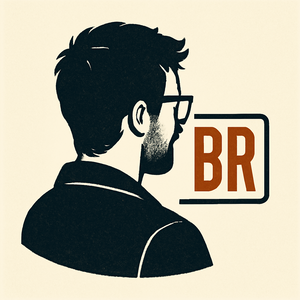A brief defense of David Sconce

If you're a fan of dark and atmospheric tales like I, you may have come across the story of David Sconce. Recently thrown back into the limelight by a three-part HBO documentary that ends with an unsurprising revelation, former mortician Sconce is most famous for his callous treatment of the remains of the deceased. In this short article, I will describe his rather morbid behavior before asking some uncomfortable questions about how we treat actions we find disgusting.
The story
The story presented in this article is based on multiple sources. Please see below.
Sconce was the great-grandson of Lawrence Lamb, founder of the reputable Lamb Funeral Home and second-hand owner of Pasadena Crematorium. The business had been passed on down the family, eventually to Laurieanne Lamb-Sconce and her husband Jerry, parents of David Sconce. As a young man, Sconce hoped to become a football player like his father, but his hopes were dashed by an irreparable injury. Having failed at a variety of alternative pursuits, Sconce was persuaded to train for a role in the family business by studying for an enbalming certificate at a local college.
As per usual, Sconce found the course boring and decided to figure out his own hustle, which was to offer crematory services to funeral homes across town at a lower price with higher volume. The reason this worked was not just because Sconce was a hard worker, but because he simply didn't care how the dead bodies were treated. Rather than cremate one by one, he would simply force as many bodies into the ovens as possible, burning them all at once. Ashes sent to families would be from multiple bodies, or sometimes even from a jar of 'random' ashes that his mother stored on the funeral home desk (the kindly old lady was unfortunately very much in on the operation).
Not satisfied with missing any opportunity, Sconce expanded into the business of organ harvesting and gold extraction. In 1986, he and his family set up the Coastal International Eye and Tissue Bank, which 'legitimized' their sale of body parts obtained from the deceased, either with signatures from relatives who hadn't read the small print, or signatures that had been forged by Laurieanne. Through the sale of organs, and gold extracted from teeth, Sconce reportedly earned an extra $6000 per month, quite a tidy sum in the 1980s.
But it wasn't just Sconce's outright disregard for the dead that earned him notoriety. He also had a reputation for using violence to silence his rivals, allegedly using oleander to fatally poison a mortician who was looking to expose him, and roughing up a media figure who planned to write a devastating article. The HBO documentary ends with a lingering shot of Sconce, now in his 60s, implying that he eventually tracked down and killed a man who had earlier mugged him.
The defense
Sconce's treatment of the dead is certainly revolting. There are hundreds of families who have been deeply traumatized by the knowledge of how their loved ones' bodies were treated, some presenting their stories in the recent documentary, fighting back tears.
And yet, a challenging question needs to be asked.
What if Sconce had just been left to continue?
His actions, while deeply unsettling, did not in themselves cause any harm. Relatives have feelings, but dead bodies do not. And harm does not occur by voodoo. It was the police investigation and subsequent prosecution that led to relatives being informed, and the resulting distress. Likewise, Sconce is not alleged to have gone out of his way to target random people with violence. The roughing up and alleged murders were in direct response to threats that could potentially put him in prison, and whose revelations would traumatize the relatives of the deceased, or as revenge for a mugging that had come with a threat of violence.
Instead of being outraged at the actions of the mortician, it's important to ask what really led to harm. Was it Sconce's actions, or was it how the world responded? If something feels gross, but it really isn't hurting anyone, why do anything at all?
Sources:
